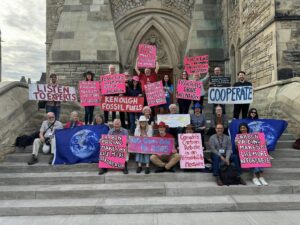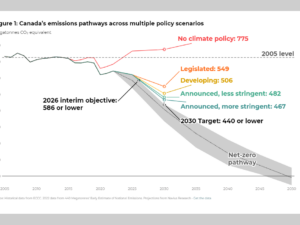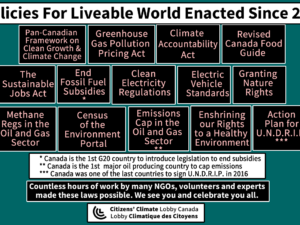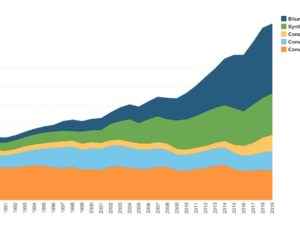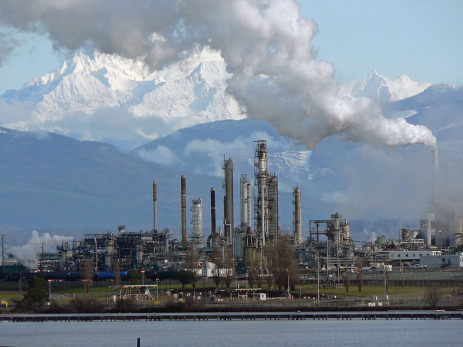
Regulations to Cap GHGs in the Oil and Gas Sector In a nutshell Full Explanation On Nov 9, 2024, the federal government finally published draft Oil and Gas Sector Greenhouse Gas Emissions Cap Regulations (proposed Regulations) The proposed Regulations would establish a new national cap-and-trade system that would apply to upstream oil and gas activities including onshore and offshore oil and gas production; oil sands production and upgrading; natural gas production and processing; and the production of LNG. The proposed Regulations include the following features Citizens’ Climate Lobby Canada welcomes this GHG emissions cap as important and needed to ensure fairness across economic sectors and across communities in Canada, and to achieve our international commitments. But: For further information on the proposed Regulations, see the Backgrounder issued on Nov 4, 2024 by Environment and Climate Change Canada.
Overall, Citizens’ Climate Lobby Canada recommends that Canada’s Regulatory Framework for an Oil and Gas Sector Greenhouse Gas Emissions Cap be aligned with the UN’s Integrity Matters and High-Level Expert Group on Net-Zero Commitments. The Framework must have rigour and no loopholes. We must have zero tolerance for net-zero greenwashing.
In 2021 the federal government committed to reduce GHG emissions from the oil and gas sector from then current levels at a pace and scale necessary to achieve net-zero by 2050.


